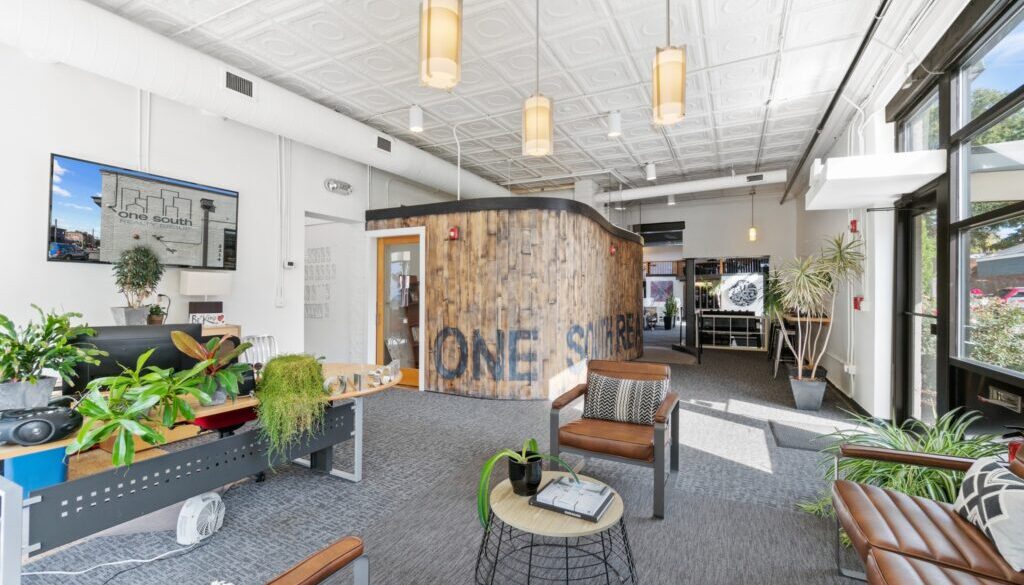Routine or System?
We all have routines.
We set our wallet and glasses in the same place when we get home. We drink coffee when we wake up, we read our emails in a certain order, we go for a run at a certain time, we pack our bags the same way when we travel, we charge our phones at night, etc.

Routines create predictability in our daily lives and protect us from having to think unnecessarily (‘Where are my keys? They were right here! WHO MOVED MY KEYS?!?’ Oh, they are in my pocket…)
Routines exist all around us and will be with us until the day we die.
But they are not systems.
System or Routine?
A routine is something that you do every day, but you have to do it –– a shower, exercise, driving to work, a sales script, or to do list. It generally involves repetitive tasks or processes we need to complete in order to get through each day.

A system, however, is something that does things for you without your involvement –– typically more efficiently, with fewer mistakes, and with less cost.
So what is the core difference between a system and a routine? You.
Mistaking the Two
When you say, “I have a system,’ you are really saying that ‘I have a routine that helps me with a process.’ Why, because you are doing the work and thus, it isn’t a system.

When you say, ‘We have a system,’ then you are saying that you have someone or something that is performing a series of tasks designed to make you more efficient –– but you are able to do other things while the system is working on your behalf.
See the difference?
Systems Build Value
When we begin to develop systems, we begin to develop things of value.

If Jeff Bezos would have been the one who packaged and delivered every item to you, then Amazon would not be the most valuable company on the planet.
If Sergey Brin would have looked up the answer to each web inquiry personally, then Google would not have worked very well (ok, not at all) when he was in the shower, on the phone, or asleep.
You get the picture.
Systems do the work for us.
Systems Create Income
In the same way that physical assets have value (real estate, automobiles, computers) –– so do systems.

Why? Because any system that produces consistent and predictable results can be sold. Whether it is a local pizza joint or a dental practice, when good systems are in place, the value of the business increases substantially.
When you can quantify the income stream that the system produces, then someone is generally willing to purchase it. And the more dependable and repeatable it is, the higher the price someone is willing to pay.
Don’t believe me? Ask your local business broker.
Routines Make Us Efficient, Systems Make Us Powerful
Have my routines changed over time? Of course they have. When I see someone do something a little bit smarter than the way I do it, I change my routine –– and that does add some value in my life.

But it still isn’t a system.
Systems create value when we are driving to work, on vacation, or even laying on the sofa watching documentaries about systems.
Admittedly, systems tend to disconnect owners from their clients –– and in a business such as real estate, that feels disconcerting. How can our client possibly have the ultimate experience if we aren’t involved 101% of the time?
The good news is that when the systems are good, the customer experience improves, but that is a different blog for a different day.
The last time I checked each day has a mere 24 hours and a week a mere 7 days –– and with the modern transaction becoming increasingly more complex (despite what every app would have you believe) then systems are a prerequisite for any scalable business.
Routines get overwhelmed quickly, especially during the busy season. Systems handle stress far better.
Simply put, solid systems are necessary to survive in any meaningful way, much less thrive.
Summary
We have a saying at One South that we don’t like to fix problems, we like to create systems that fix problems –– or at least fix the system that caused the problem in the first place. Without systems, we just don’t know where we stand or what to do next.

And yes, our systems did not come fully formed on day one –– we tried, failed, fixed, modified, changed, and tried again so many times we lost count. And we will continue to do so.
But what we did learn early on is that good people running good systems means an enhanced experience for all involved –– and that is, and will continue to be, the goal.
So if you can’t tell if you have a system or routine, ask yourself the following question –– can your system be sold? If the answer is no, then it isn’t a system.
Routines make life easier. Systems create value.
